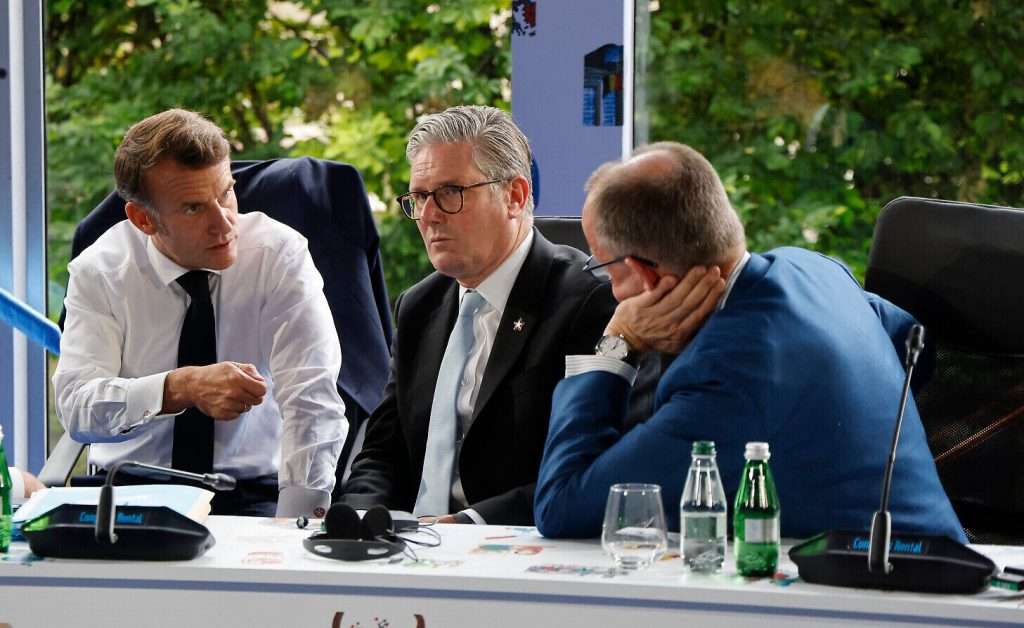European powers begin sanctions process on Iran

The United Kingdom, France and Germany on August 28th began the process to enforce sanctions on Iran, Africanews via AP reported.
France and Germany seemed to have started this process to incentivise Iran to enter negotiations with the three global powers.
The sanctions would freeze Iranian assets abroad, suspend all arms deals with Iran, and penalise any advancement of Iran’s ballistic missile programme, putting more pressure on Iran’s already weak economy.
The French Foreign Minister Jean-Noël Barrot wrote on X: “”This measure does not signal the end of diplomacy: we are determined to make the most of the 30-day period that is now opening to engage in dialogue with Iran.”
Iran’s foreign minister, Abbas Araghchi, has condemned the actions of the three countries as “unjustified, illegal, and lacking any legal basis” in a call with the European powers.
Araghchi said “Iran will respond appropriately to this unlawful and unwarranted measure,” but did not elaborate upon the details of Iran’s response.
The threat of sanctions has emerged at a perilous time for Iran’s economy. On August 28th, Iran’s rial currency traded at more than one million to $1. The rial hit its lowest recorded point in April of this year.
The move of the three countries is termed as “snapback” by the diplomats who negotiated it into Iran’s 2015 nuclear agreement with world powers. The Snapback was formed to be veto-resistant and is likely to be implemented.
However, the move may prove controversial within the European nations – as the West has seen protests calling for economic boycotts of Israeli-tied businesses, as well as demonstrations condemning the actions of Israel’s military campaign within Gaza. By sanctioning Iran, European protestors may ask why Iran and not Israel.
Furthermore, the move from the West comes against a backdrop of the UN’s nuclear watchdog, the International Atomic Energy Agency (IAEA), returning to Iran for the first time since Iran’s nuclear facilities were the target of US and Israeli strikes. The presence of the watchdog indicates Iran complied with demands the west placed on it, perhaps showing a willingness to co-operate.
As it stands, Iran has 30 days to head to the negotiating table before sanctions return.
Africanews via AP, Maghrebi.org
Want to chase the pulse of North Africa?
Subscribe to receive our FREE weekly PDF magazine











